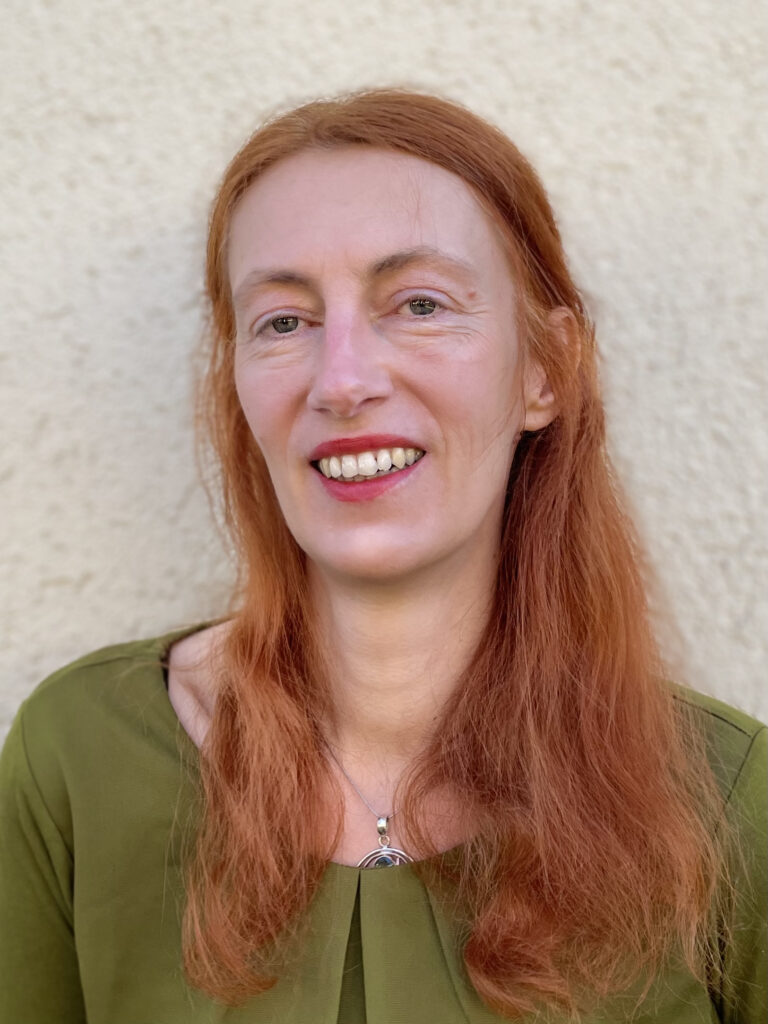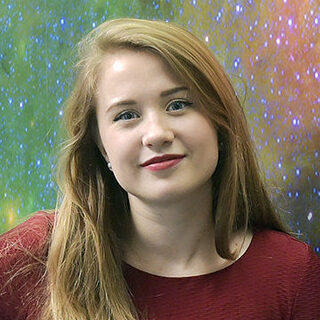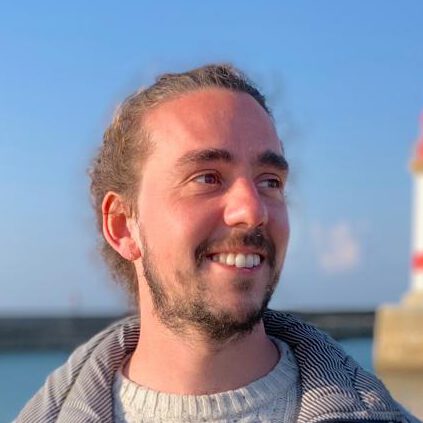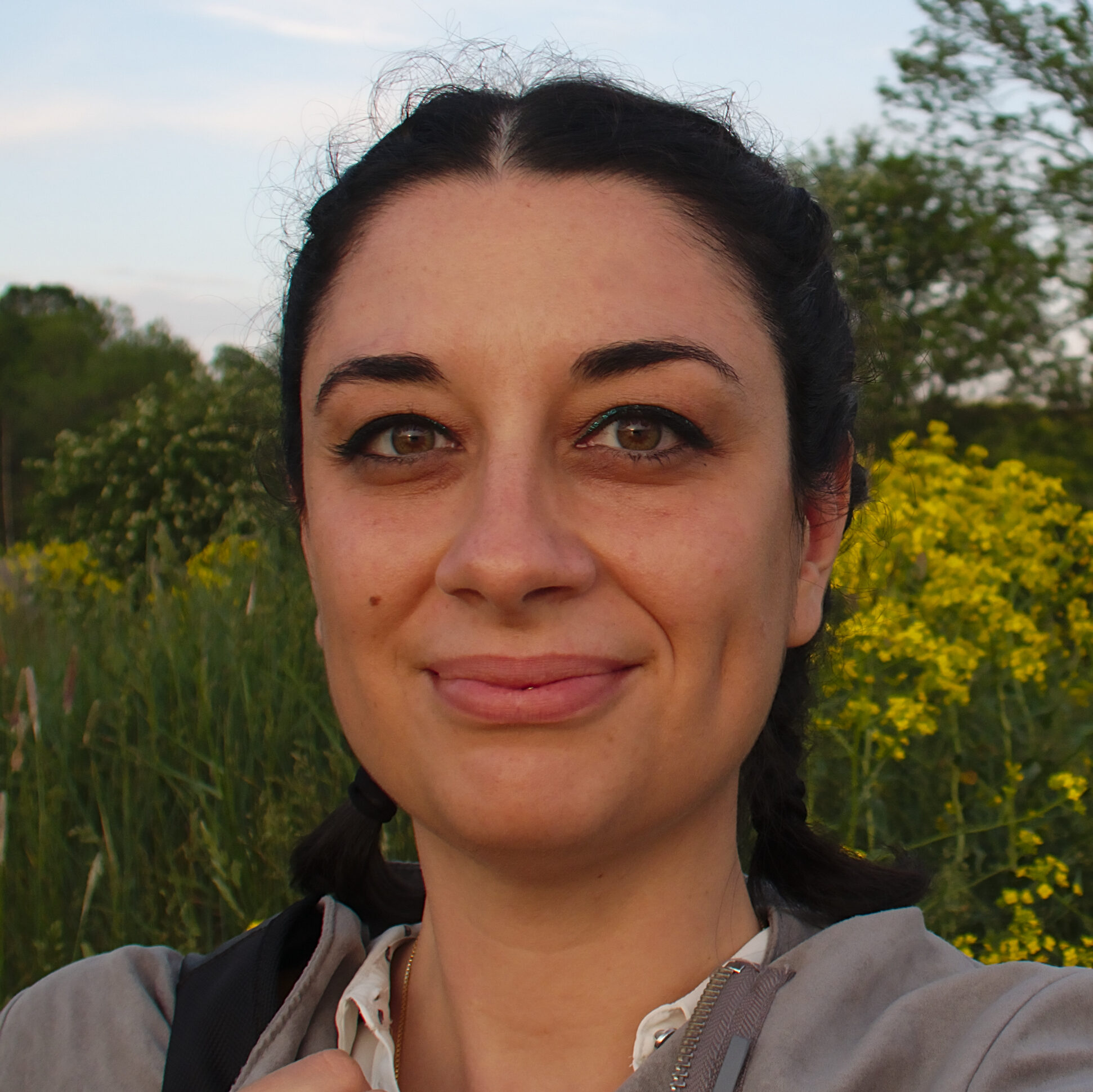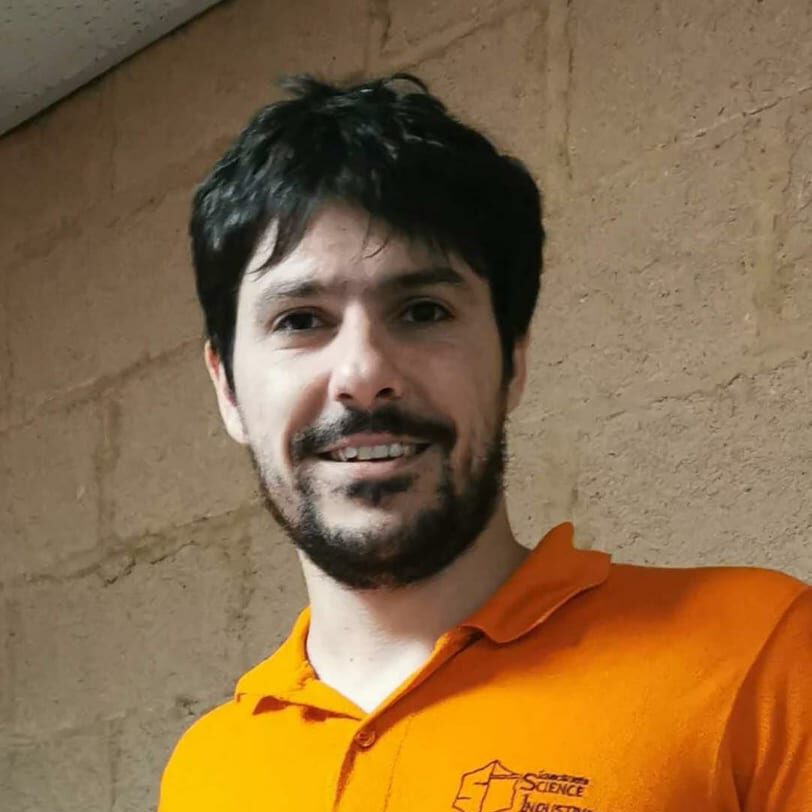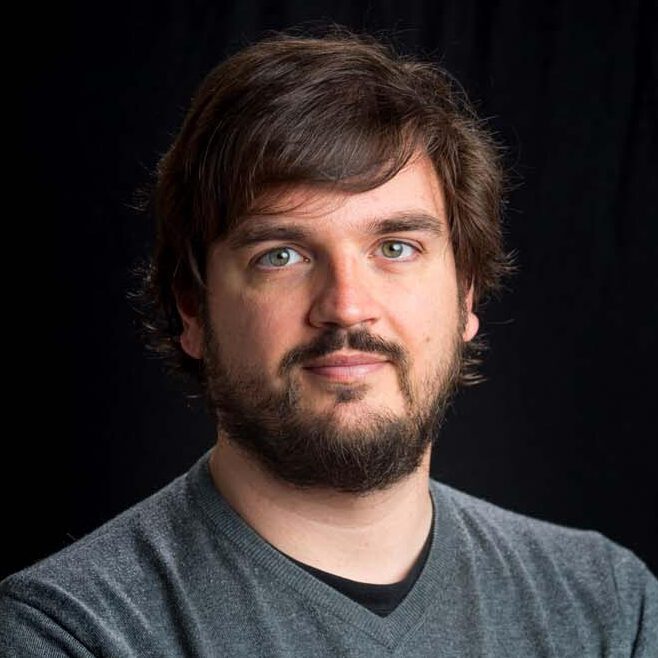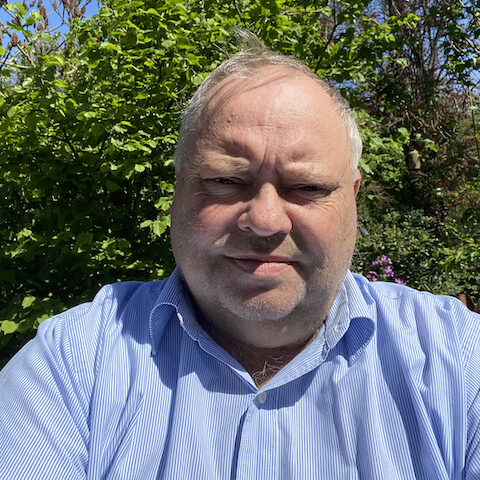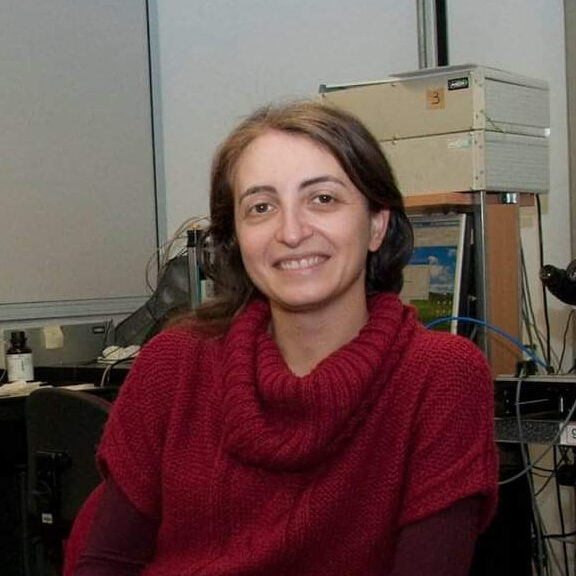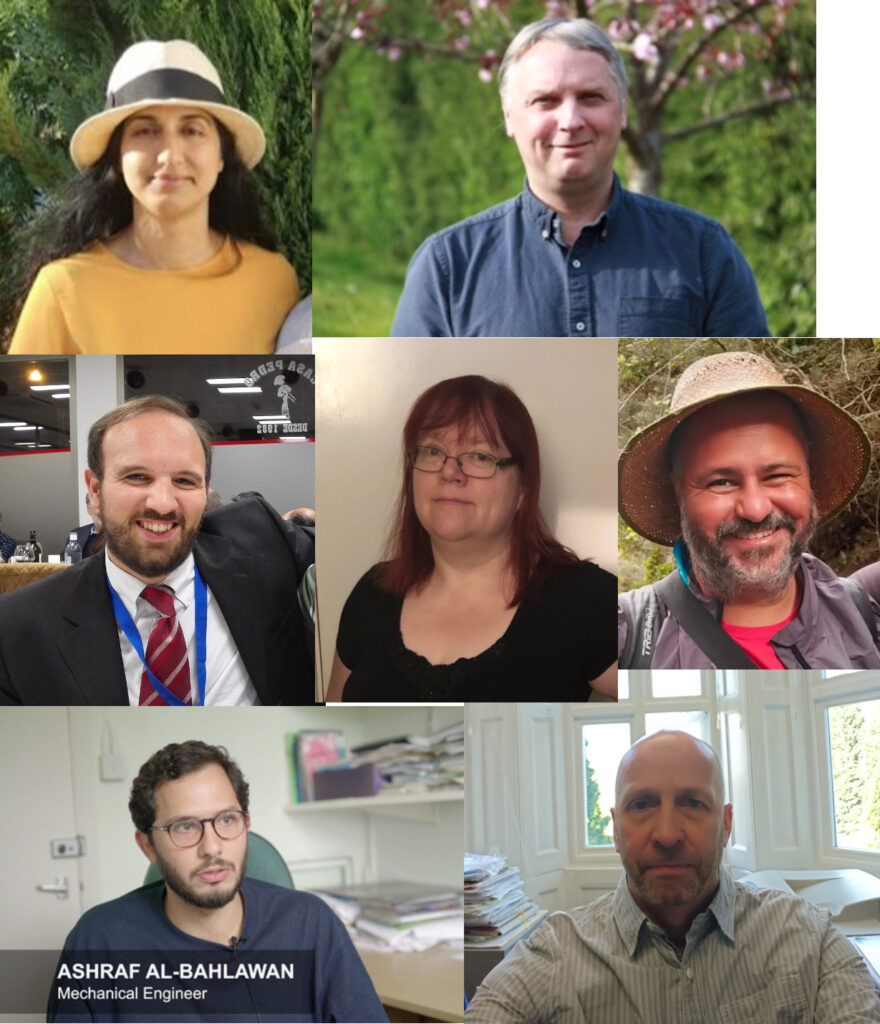The Euclid Consortium STAR Prize 2022
The Euclid Special Talent And Recognition (STAR) Prize is a prize to acknowledge work done within the Euclid Consortium in different areas of activity. It was established in 2017, and every year prizes are awarded to nominees in different categories by the Euclid STAR Prize Committee. Nominations are accepted and encouraged from any Euclid Consortium member, excluding self-nominations.
The awardees are (full bios below / on click):
Euclid STAR Prize 2022 – Student Award
Federico Rizzo has completed his PhD at University of Trieste (UniTs) – he is expected to defend his thesis in September 2022 – in Febraury 2022 and now covers a post doctoral position at the Observatory of Trieste (OATs) for the INAF institution, providing development and integration activities for the calibration and data reduction pipelines of photometric and spectroscopic observations made by the NISP instrument.
Federico is a member of the Euclid collaboration since 2018 and ever since he has worked inside OU-LE3 as developer of the LE3_GC_PowerSpectrum code and PF leader of LE3_GC_Bispectrum, partecipating to the planned challenges and maturity assessments. As such, he has developed an important experience in GC estimators and their implementation, with particular focus on performance optimisation of such codes.
Broadly speaking he is interested in the full exploitation of GC data by means of likelihood analyses applied to GC estimators namely, the power spectrum and bispectrum. His PhD activity was indeed focused on this topic, more precisely, on the amount of information that bispectrum multipoles can add to the use of the monopole alone.

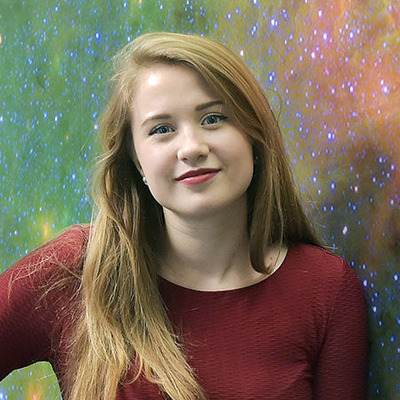
Euclid STAR Prize 2022 – Student Award
Sophie van Mierlo is a PhD candidate at Kapteyn Astronomical Institute in Groningen, the Netherlands, working in the group of prof. dr. Karina Caputi. She obtained both a bachelor’s and master’s degree in Astronomy from the University of Groningen. She is currently in her 3rd year of the PhD program, expecting to graduate in fall 2023.
She is interested in galaxy formation and evolution in the early Universe. For her master thesis, she studied the properties of star forming and passive galaxies at z=2-6 in the SMUVS/UltraVISTA field. Sophie joined the Euclid Collaboration in 2020, working in the Primeval Universe SWG and the OU-PHZ Physical Parameters. Her work focuses on the recovery of z>6 galaxies with Euclid and ancillary data in the Euclid Deep Fields.
Euclid STAR Prize 2022 – Student Award
Sylvain Gouyou Beauchamps is a post-doc at the Centre de Physique des Particules de Marseille (CPPM). He received his Ph.D thesis in December 2021 from Aix-Marseille University at CPPM. His research interests, so far, are mainly focused on Large Scale Structure likelihood analyses in the context of Euclid. During his Ph.D, he conducted several works to study the biases in the estimation of cosmological parameters, coming from the modeling of the non-linear matter power spectrum and its covariance, with a particular focus on the total neutrino mass constraint.
In Euclid he is part of the photometric redshift Work Package in which he is co-leading a Key Project paper aiming at forecasting the impact of Super Sample Covariance (SSC) on Euclid cosmological constraints with photometric galaxy clustering, weak lensing and their cross-correlations. He is also leading a Key Project paper of the galaxy clustering Likelihood Work Package, studying the impact of the non-Gaussianinity of the likelihood of 2-point statistics for spectroscopic galaxy clustering. Still in this same Work Package, he is involved in the construction and the study of the covariance matrix for galaxy clustering with fast approximated mocks. Recently he joined the Inter Science Taskforce for non-linearities and the CMB Cross-correlation Science Working Groupe to help in the implementation of the computation of SSC in the Euclid analysis pipeline.

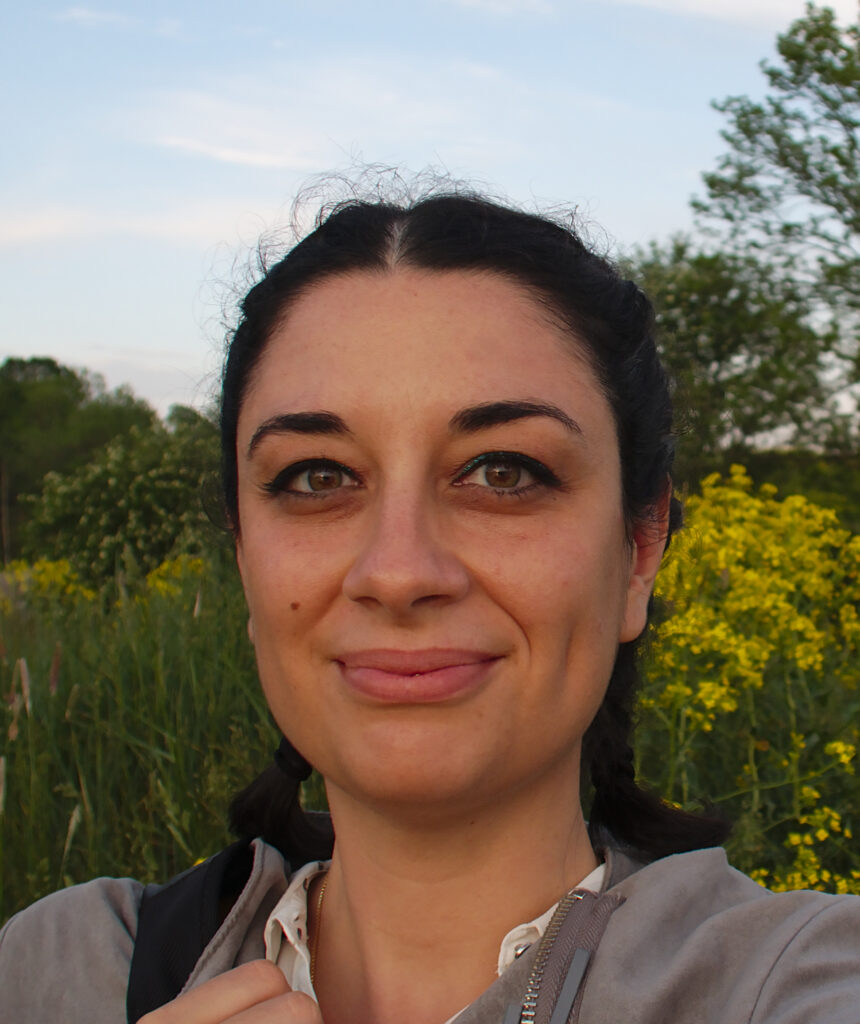
Euclid STAR Prize 2022 – Junior scientist Award
Chiara Moretti is a PostDoc at Edinburgh University and the Royal Observatory of Edinburgh. She got her PhD in 2020 from the University of Trieste, working on the extension of approximate simulation methods to scale dependent modified gravity. She then moved to Queen Mary University in London for a PostDoc, and after that to Edinburgh.
Her main research topic is galaxy clustering, in particular theoretical models for the galaxy power spectrum and bispectrum, and their likelihood analysis, which allows to constrain cosmological parameters. In Euclid, Chiara is one of the main developers for the Inter-Science Task Force:Non Linear, working on including non-linear models for the power spectrum in the official Euclid likelihood pipeline, CLOE. Her main contribution has been the implementation of the theoretical model for the non-linear power spectrum of the spectroscopic sample, a state-of-the-art perturbation theory model now fully integrated in CLOE. She also contributes to the software infrastructure of IST:NL, and coordinates activities with other groups. Additionally, she is an active member of Work Package:Non Linear and Work Package:Higher Order Statistics of the Galaxy Clustering Science Working Group. There she co-leads two papers dedicated to the analysis of the power spectrum measured from the Flagship simulation, and contributes to the joint power spectrum and bispectrum analisys. She is also an active member of the Theory Working Group, participating in several projects, including the extension of Euclid’s likelihood to beyond-LCDM models, as well as measuring cosmological parameters from simulations that implement extended models with her independent likelihood code, to assess the constraining power of future Euclid data.
Euclid STAR Prize 2022 – Junior engineer Award
Erik Romelli is a post-doctoral researcher with a temporary staff position at INAF-Osservatorio Astronomico di Trieste.
He joined the Euclid Consortium in 2017 after his Ph.D. graduation at Trieste University. Erik’s adventure in Euclid began during the Scientific Challenge 3 as a software developer in SDC-IT supporting the development and testing of the OU-MER pipeline. Today he is involved in OU-MER, OU-LE3-ED and OU-LE3-GC, the LE2 to LE3 catalog reduction and IOT. In the context of IOT activities, he is the implementation lead of the ICRTool, a web application aimed at generating and managing Instrument Commanding Requests (ICRs), i.e. the mechanism by which IOT may ask for sequences of instrument commands not covered by the Reference Survey Definition.
Outside Euclid, Erik is involved in all sorts of outreach activities, he is a Sci-Fi enthusiast and likes to keep updated with a world that, sometimes, uncannily resambles the stories he likes to get lost into.
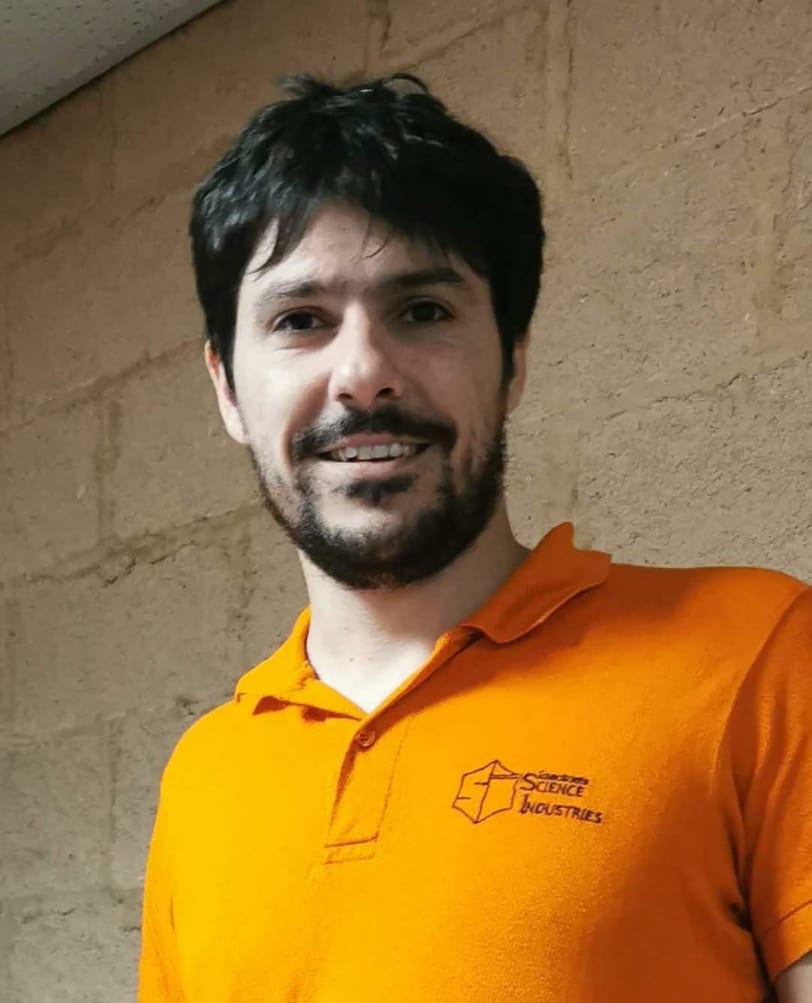
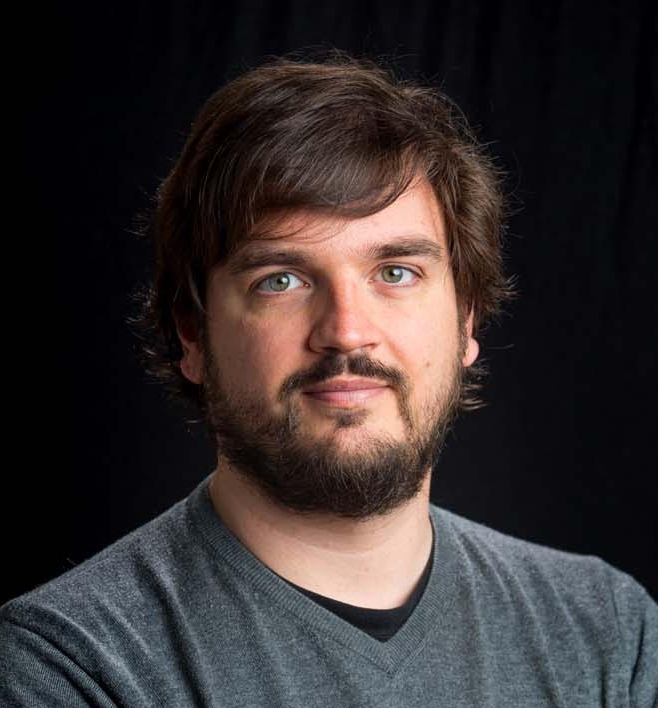
Euclid STAR Prize 2022 – Senior Award
Emiliano Merlin is a staff researcher at INAF – Observatory of Rome.
His main research interests are:
- galaxy formation and evolution
- high redshift universe (early passive galaxies in particular)
- photometry and SED fitting in deep extra-galactic surveys
- hydrodynamical simulations and forward modeling
- advanced techinques of image processing including machine learning methods
- development of astronomical and astrophysical software
He is lead of the Photometry work-packages in the MER Organisation Unit of the EUCLID Consortium Science Ground Segment. He has been awarded as Builder of the Euclid Mission in 2021.
He is the developer and maintainer of the photometric software packages T-PHOT and A-PHOT.
Euclid STAR Prize 2022 – Leadership & Coordination Award
Thierry Maciaszek is engineer at CNES since 1983. He was involved in different earth observation and science programs in different domains such as thermal, mechanical, mechanisms, AIT and flight operations.
He is the NISP project manager in the Euclid Consortium since 2011 (acting as CNES/LAM). Since the delivery of NISP, is also the project manager of one of the 2 instrument on LiteBIRD (JAXA CMB mission).
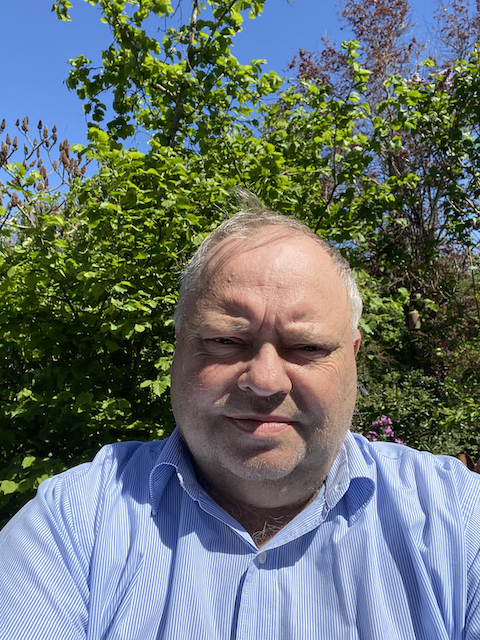
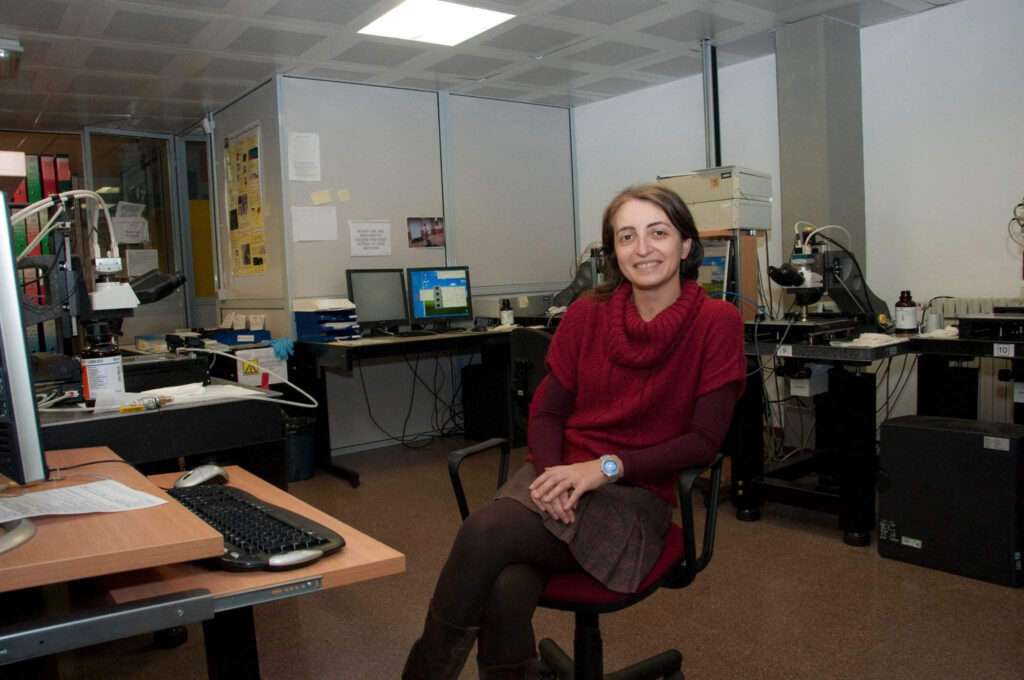
Euclid STAR Prize 2022 – Instrument Award
Chiara Sirignano is an experimental physicist, currently Associate Professor at the Physics and Astronomy Dept, University of Padua. She graduated with honors at the University of Salerno in 2001 and completed in the same site the PhD in Particle Physics in 2006. Her research was mainly in Neutrino Oscillation field (Chorus and Opera experiments) up to 2015. She contributed to the design and preparation of the Opera experiment detector target at INFN Gran Sasso Underground Laboratory; such target was composed of high resolution photographic films and lead. She contribute to fast image data analysis and neutrino interactions reconstruction and study.
She joined the Euclid Consortium in 2015 with INFN Group, working on the AIV of the Warm Electronics of the NISP Instrument. She took part to all the ground test campaign of the NISP instrument and contributed in the Instrument operations definition and data quality checks implementation.
At the moment she is involved in the NISP Instrument Development Team and acts as NISP Instrument Operation Team Deputy Manager.
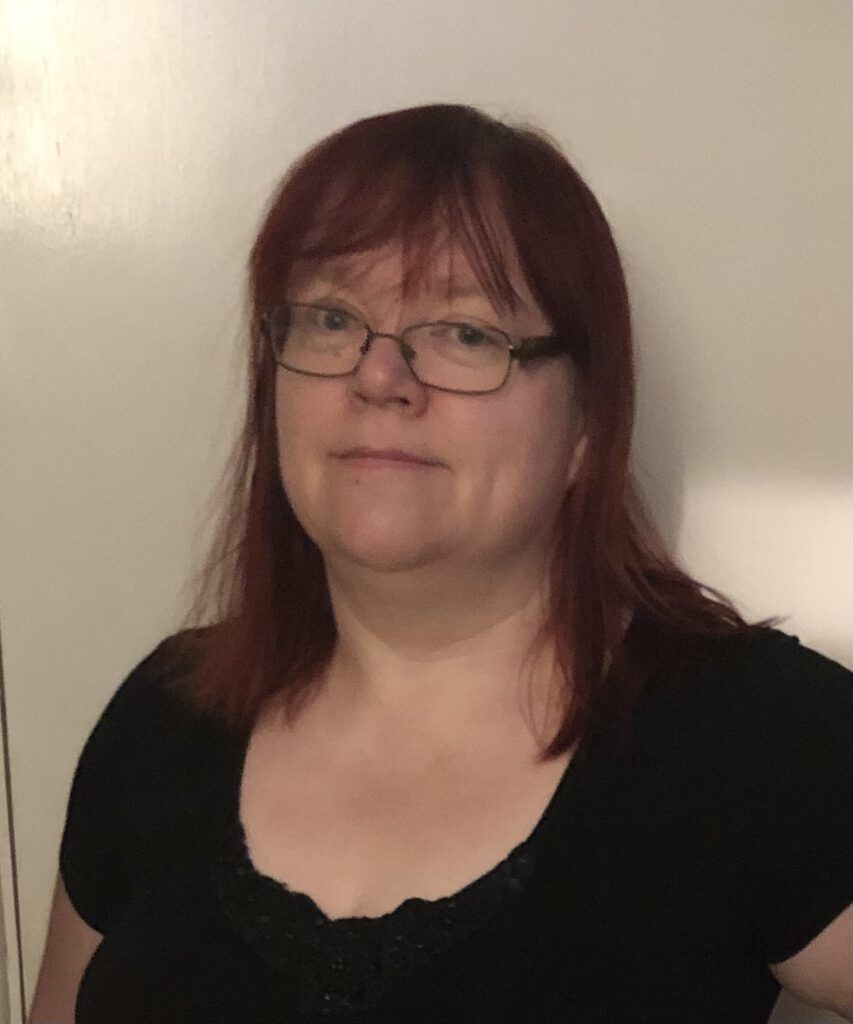
Euclid STAR Prize 2022 – Instrument Award
After obtaining a BEng degree in Mechanical Engineering from University of Birmingham, Chris worked for Ricardo Consulting Engineers, as a design analyst and thermal engineer on automotive diesel engines. In 2001, she made the move to Mullard Space Science Laboratory as a Mechanical and Thermal Design Engineer and Project Manager for the structure of the infra-red space instrument SPIRE on the Herschel Space Telescope. She then went on to project manage the 50mK ADR space cooler research project and the on-board calibration unit for NIRSPEC on the James Webb Space telescope. Then from 2008 to 2020, she led an international consortium as project manager to provide the Solar Wind Analyser instrument, for the ESA Solar Orbiter mission. In 2017, she joined the Euclid VIS team as the detector chain AIT manager, managing the ROE and RPSU manufacture and calibration activities before taking over as the project manager for the VIS Instrument in September 2019, which she continues to hold today.
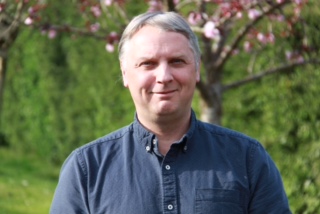
Mark is dedicated electronics engineer who has been working at MSSL since 1999 on Swift. He is the senior electronics engineer on the ROE for VIS as well as the systems engineer of the Detector chain subsystem. He is currently the Lead Electronic Engineer at MSSL. For the ROE 7 NCR, Mark was the lead engineer on the investigation, conducting all the tests on the QM and flight spare ROEs to determine and solve the problem.
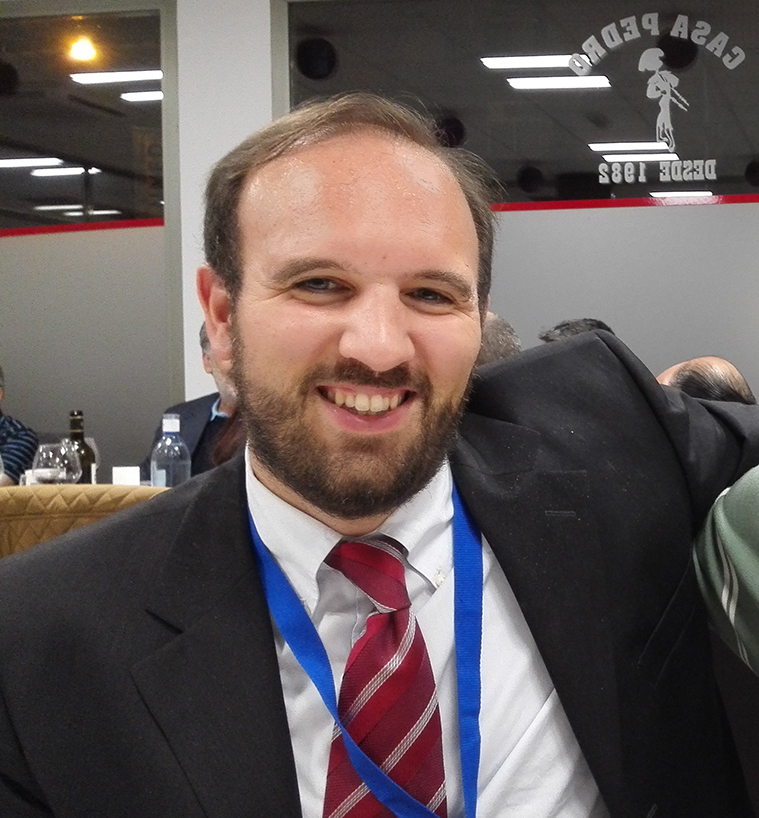
Gian Paolo Candini obtained a master degree in electronic engineering in 2004 at the university of Ferrara. He started working on microsatellites and rover design at the university of Bologna, then moved to Spain working on submarine robotics for a couple of years before joining the ExoMars NOMAD team at the Instituto de Astrofísica de Andalucía as designer of the analogue electronics for the control unit of the instrument. At the same time, he obtained a doctorate in aerospace engineering in 2012, with a thesis on attitude controller for cubesats, participating to a number of university projects and three ESA REXUS/BEXUS campaigns. After a brief participation to the design of the MetOP SG as principal electronic engineer, he moved to the EUCLID VIS project as electronic system engineer, following all reviews of VIS subsystems, defining and performing tests and AIT activities, collaborating with industry and lately as member of IOT. He has also been supporting also the design and test activities in MSSL of the detector chain.

Graham Willis has been at MSSL for more than 30 years and has had a variety of roles. He is currently the head of Product Assurance at MSSL as well as the PA Manager for several flight programs at MSSL. He had been on the program since 2014 as firstly the Detector Chain PA manager, and then the Euclid VIS PA manager. He was instrumental in overseeing the work on ROE 7 NCR.
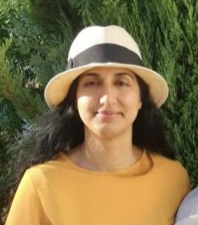
After graduating in Aerospace engineering, Saeeda worked in simulation for civil and military aircraft, mostly on avionic instruments as principal engineer. Then spent a few years working as system engineer in the defence sector, after which she joined the MSSL in 2016 as VIS system engineer.
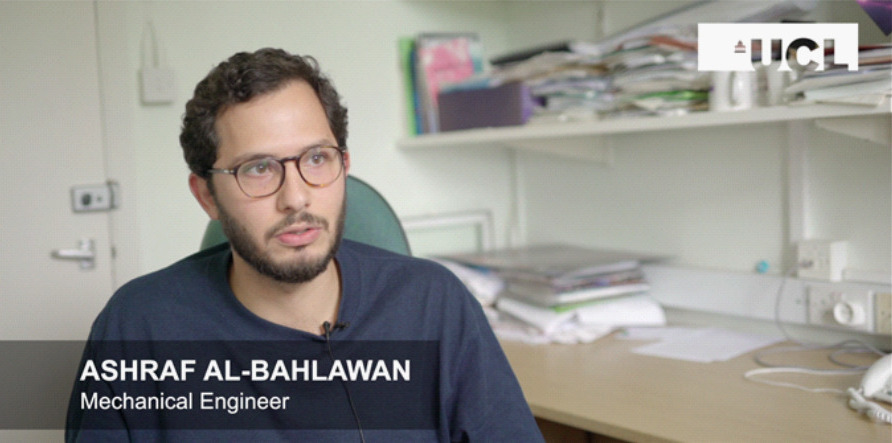
Ashraf is a mechanical engineer with a love of developing new technologies and novel devices. He received a master degree in mechanical engineering from the University of Bristol in 2013. His experience spans mechanical and thermal technology design and development roles in product design, subsea oil and gas, and scientific space instruments. He joined Euclid in 2016 as the mechanical and thermal engineer for the VIS FPA readout chain subsystems, and has since been involved as the mechanical systems engineer for VIS.
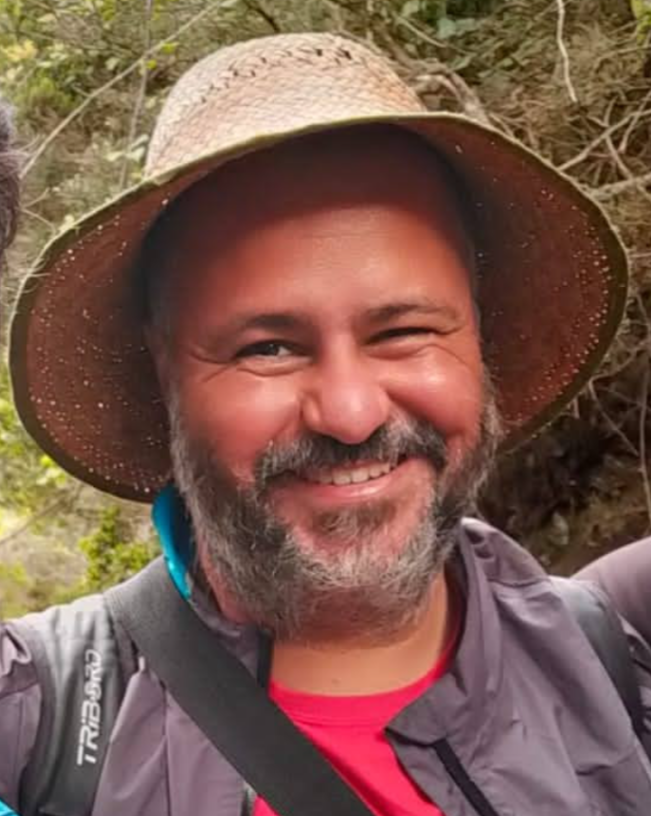
Astrophysicist: PhD in 2009 on star formation and galaxy evolution, University of La Laguna / IAC, Tenerife, the island where he is from. Between 2009 and 2015 he did several post-docs in Spain and Ireland, always working in the Test and Science Teams of MIRI/JWST. Worked as VIS Instrument Scientist at MSSL, UK, between 2015 and 2021. In this role, he was mostly involved in CCD and VIS-ROE characterisation activities, the ground calibration of the flight detection chains of VIS, the evaluation and simulation of impact of instrument biases in the shear measurements, and calibration strategies in orbit. Since 2021 he has moved to Madrid, where he has also moved to work in industry, in a role as project manager and system engineer.
Euclid STAR Prize 2022 – Team Award
Reiko Nakajima is an astronomy research staff at the Argelander Institut für Astronomie in Bonn University (Germany). Reiko obtained her PhD in Physics and Astronomy at the University of Pennsylvania in 2008, and joined the Euclid project in 2011, starting with planning all manners of verification and validation tests for Weak Lensing Science Working Group (WL-SWG) and the Science Ground Segment (SGS).
Reiko gradually started to specialize in the VIS detector systematics calibration, getting involved with OU-VIS and the Calibration Working Group (CalWG), eventually acting as a liaison between CalWG, VIS Instrument Development Team (VIS IDT), WL-SWG, OU-VIS, to ensure all necessary VIS calibrations are implemented for the Euclid Weak Lensing science requirements.
In early 2021, Reiko joined the VIS IDT as the VIS Instrument Scientist, along with Patricia Liebing.
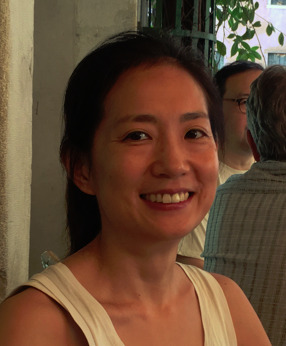
Patricia Liebing obtained her Ph.D. in experimental nuclear particle physics. After postdoc positions in high energy astrophysics at the Max-Planck Institute for Physics and in particle physics at Brookhaven National Laboratory she became a research associate at the University of Bremen in 2007. There she worked on the in-flight polarization calibration of SCIAMACHY, a spectrometer on-board the Earth observation satellite Envisat. She joined Euclid in 2017 to work with ESA and Leiden University on characterizing charge transfer inefficiency in the VIS CCDs and “translating” the effect to weak lensing shear measurements. In 2021, she became the Deputy Instrument Scientist for VIS at MSSL, working remotely from the Netherlands. In this function, she is mainly responsible for collecting and analyzing data in order to achieve the best possible calibration and monitoring of the VIS instrument. She is working very closely together with the VIS IDT at MSSL and with the VIS instrument scientist Reiko Nakajima.
